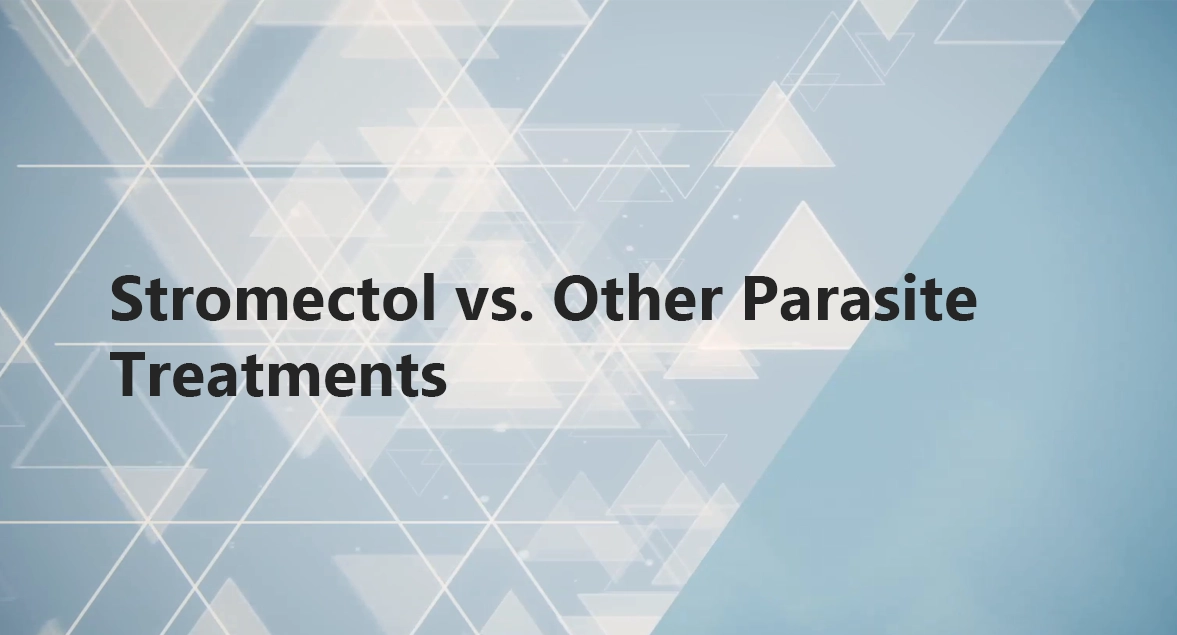Parasitic infections can be a serious health concern, affecting millions of people worldwide. In recent years, there has been a growing interest in finding effective parasite treatments. Stromectol, a widely used medication, has gained popularity in the medical community for its efficacy in treating various parasitic infections. However, it’s essential to understand how Stromectol compares to other parasite treatments to make informed decisions about the most suitable option for each individual’s needs. In this article, we will explore the key differences between Stromectol and other parasite treatments, shedding light on their effectiveness, side effects, and other crucial factors.
Stromectol: An Overview
Stromectol, also known as Ivermectin, is an antiparasitic medication that has been widely used for over three decades. It belongs to the macrocyclic lactone class of drugs and works by paralyzing and killing various parasites. Stromectol is highly effective against a range of parasites, including intestinal worms, mites, and certain types of lice. Its efficacy has made it an essential tool in controlling parasitic diseases in both humans and animals.
Other Parasite Treatments
While Stromectol is a well-known and trusted treatment, it’s not the only option available. There are several other parasite treatments on the market, each with its unique properties and applications. Some of the commonly used alternatives to Stromectol include:
- Albendazole: This broad-spectrum anthelmintic medication is effective against various parasitic worms, including roundworms, tapeworms, and hookworms.
- Praziquantel: Primarily used to treat infections caused by tapeworms, Praziquantel is highly effective and well-tolerated in most cases.
- Metronidazole: While mainly used to treat bacterial and protozoal infections, Metronidazole can also be effective against certain parasitic infections.
- Doxycycline: This antibiotic is sometimes used to treat parasitic infections, especially those transmitted through ticks and other vectors.
- Permethrin: Often used to treat scabies and head lice, Permethrin is a topical medication that effectively kills mites and lice.
Effectiveness Comparison
When comparing Stromectol to other parasite treatments, effectiveness is a crucial factor to consider. Stromectol’s broad spectrum of action against various parasites makes it a highly versatile treatment option. However, the choice of treatment depends on the specific parasite causing the infection. For example, while Stromectol is effective against certain types of lice and mites, Permethrin may be more suitable for treating scabies or head lice infestations.
Side Effects and Safety
Like any medication, Stromectol and other parasite treatments may have potential side effects. Common side effects of Stromectol include dizziness, nausea, and headache. In rare cases, more severe reactions like skin rash or difficulty breathing may occur. It’s essential to consult a healthcare professional before starting any treatment to assess potential risks and ensure the medication’s safety.
Stromectol is a highly effective and widely used antiparasitic medication that has proven its efficacy over the years. However, it’s essential to consider the specific type of parasitic infection and individual health conditions before choosing a treatment option. Other parasite treatments like Albendazole, Praziquantel, Metronidazole, Doxycycline, and Permethrin also have their roles in treating different parasitic infections. To make an informed decision about the most suitable treatment, consulting a healthcare professional is crucial. Always prioritize safety and effectiveness when dealing with parasitic infections, and remember that individual responses to treatments may vary.

Leave a Reply